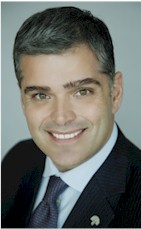
Are you competent? We all like to believe we are. However, we know that not everyone is and that being competent comes with a set of responsibilities. Competence in the work force often is communicated through job descriptions, recruitment, training programs and our own and our colleague's knowledge, skills and abilities. Who hasn't thought "how did my boss get that job? he or she is incompetent". The question at hand is: are competent people unfairly expected to compensate for others that do not or cannot do their jobs correctly? This article examines competent people (management or staff) versus those in the workforce that are not carrying their fair share of the work load. What do we do to level the playing field? READ MORE



















